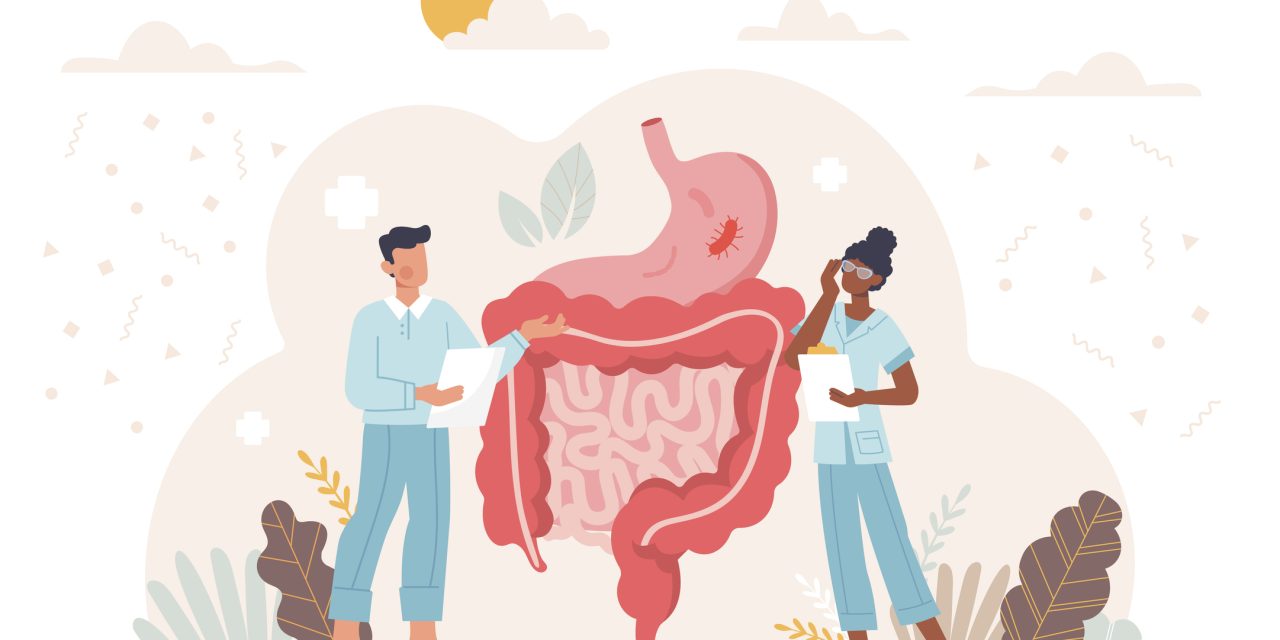Parents play an important role in the care of children with inflammatory bowel disease (IBD). Changes in parental psychological well-being may have an impact on the patient’s health-related quality of life (HRQoL). The purpose of this study was to look at the relationship between maternal and paternal distress, anxiety, depression, and pain catastrophizing and HRQoL in IBD patients. Children with IBD aged 8 to 18 years old, as well as their parents, were recruited prospectively. Children completed HRQoL questionnaires, while parents performed a distress, anxiety, sadness, and pain catastrophizing evaluation. The study of univariate and multivariate regression models was utilised to assess correlations between parental measures and patient HRQoL, as well as between parameters linked to children’s health and parental psychological distress. One hundred patients were enrolled, including 90 moms and 62 dads. Parents were distressed to a significant degree, but anxiety, sadness, and pain catastrophizing were rather modest. Parental distress was linked with patients’ disease activity and recent flares and had the strongest association with children’s HRQoL. Parental variables explained less than 20% of the variation in the children’s HRQoL ratings in multivariate regression analysis. Mothers experienced psychological changes more frequently than dads, although there was high parental inter-rater agreement in terms of discomfort and worry.
Parental distress is significant and corresponds with children with IBD’s HRQoL. Interventions aiming at assessing and treating parental distress should be explored while caring for children with IBD.


